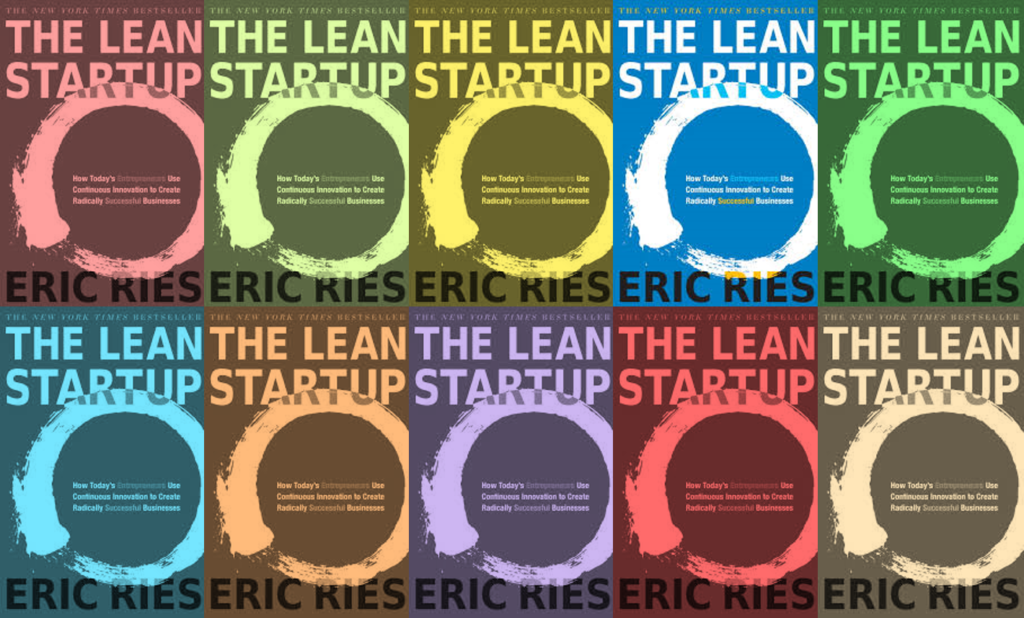The Lean Startup, by Eric Ries, was first published in 2011 and has since become the bible for startup entrepreneurs around the world. More recently, the approach outlined in The Lean Startup has received criticism, but is that fair? In this post I argue that it is not, because that is all it is, an approach, albeit a very good one.

Any management theory is dangerous when applied inflexibly
The Lean Startup is not a prescribed formula that guarantees business success. Sadly, “management is complicated”, something that Eric Ries makes very clear in this video where he discusses how the principles and processes explained in book can be used to gain competitive advantage.
To criticise the lean startup as an approach is to misinterpret it. At the root of the problem is the impression that it provides a rigid methodology for achieving startup success. But Eric Ries makes it very clear tha:
Those who look to adopt the lean startup as a defined set of steps or tactics will not succeed.
Ultimately, the lean startup is a framework, not a blueprint of steps to follow. It is designed to be adapted to the conditions of each specific company.
One case that’s been made against the methodolgy is that it provides an excuse for taking unfinished products to market too quickly. I don’t think so. Turn to page 95 and read what Eric Ries says:
Deciding how complex an MVP [Minimum Viable Product] needs to be cannot be done formulaically. It requires judgement.
If you have found yourself in a position where you have decided to take an inferior product to market, then blame your own business judgement not a book.
In all my years, I’ve never seen any one methodology applied to a business situation without resort to at least some adaptation or even the merging of several methodologies together. Financial Times management columnist Andrew Hill sums it up in an article about an attack on Clayton Christensen and his Innovator’s Dilemma theory. Hill reminds us that:
Any management theory is dangerous when applied inflexibly.
Although commenting on Christensen, he could as easily be talking about Ries when saying that:
Even a book-length theory developed by an intelligent man cannot provide a silver bullet for successful change, because each case is different.
What is wrong with The Lean Startup?
A final quote from The Lean Startup in which Ries emphasizes the need to avoid a prescriptive approach:
Because of the scientific methodology that underlies the lean start-up, there is often a misconception that it offers a rigid clinical formula… This is not true. There is no way to remove the human element — vision, intuition, judgement — from the practice of entrepreneurship, nor would that be desirable.
The Lean Startup provides a range of excellent tools, techniques and processes to help you find your solution but ultimately it is up to you. So, what is wrong with The Lean Startup? There’s absolutely nothing wrong with it, just use it wisely.
I’m Richard Hughes-Jones.
I’m an Executive Coach to founders, CEOs and senior technology leaders in high-growth technology businesses, the investment industry and progressive corporates.
Having often already mastered the technical aspects of their craft, I help my clients navigate the complex adaptive challenges associated with executive-level leadership and growth.
I’m based in London and coach internationally. Find out more about my Executive Coaching services and get in touch if you’d like to explore working together.

